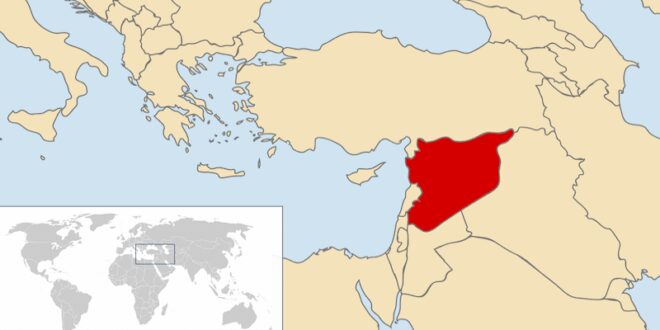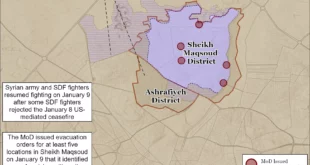Turkish historian Professor İlber Ortaylı critically analyses Syria’s governance and explores its sectarian dynamics and potential future. He points out that the Arab Alawite Nusayri minority, through a mafia-like structure, holds control over the country. This governance model has deeply impacted Syria’s socio-political framework. Ortaylı also suggests that Syria might evolve into a Sunni Sharia-based state due to these tensions.
Sectarian Diversity and Historical Complexity….
Syria’s diverse population, encompassing various religions, sects, and ethnic groups, has historically been both a cultural strength and a source of conflict. Sectarian strife and external interventions have hindered the formation of a unified national identity.
The Arab Alawite Nusayris make up about 10% of the population but dominate the country’s political and military structures. Meanwhile, Sunni Muslims, the majority, remain marginalized, further fueling societal divides and conflicts.
The Future of Syria and Regional Implications…
Ortaylı highlights how Syria’s internal divisions influence regional dynamics, particularly for countries like Iran, Turkey, and Saudi Arabia. Iran’s influence in Syria and its efforts to propagate Shia ideology play a significant role in these regional power struggles.
However, Syria’s future is shaped by more than just sectarian dynamics. Economic devastation, international interventions, and weak leadership further complicate its recovery. Any path forward requires comprehensive involvement from the global community to ensure stability and reconstruction.
A Lack of Unified Vision…
Syria’s lack of national unity and independent political vision underscores the difficulty of achieving political stability. Ortaylı’s realistic perspective illustrates how deeply Syria is mired in challenges, with significant repercussions not just locally but also regionally and globally.
As Syria’s future continues to unfold under the shadow of sectarian divides, the actions of neighboring countries and the international community will be pivotal in shaping the trajectory of the Middle East. This multifaceted issue demands urgent and collaborative solutions to ensure peace and progress in the region.
 Eurasia Press & News
Eurasia Press & News



